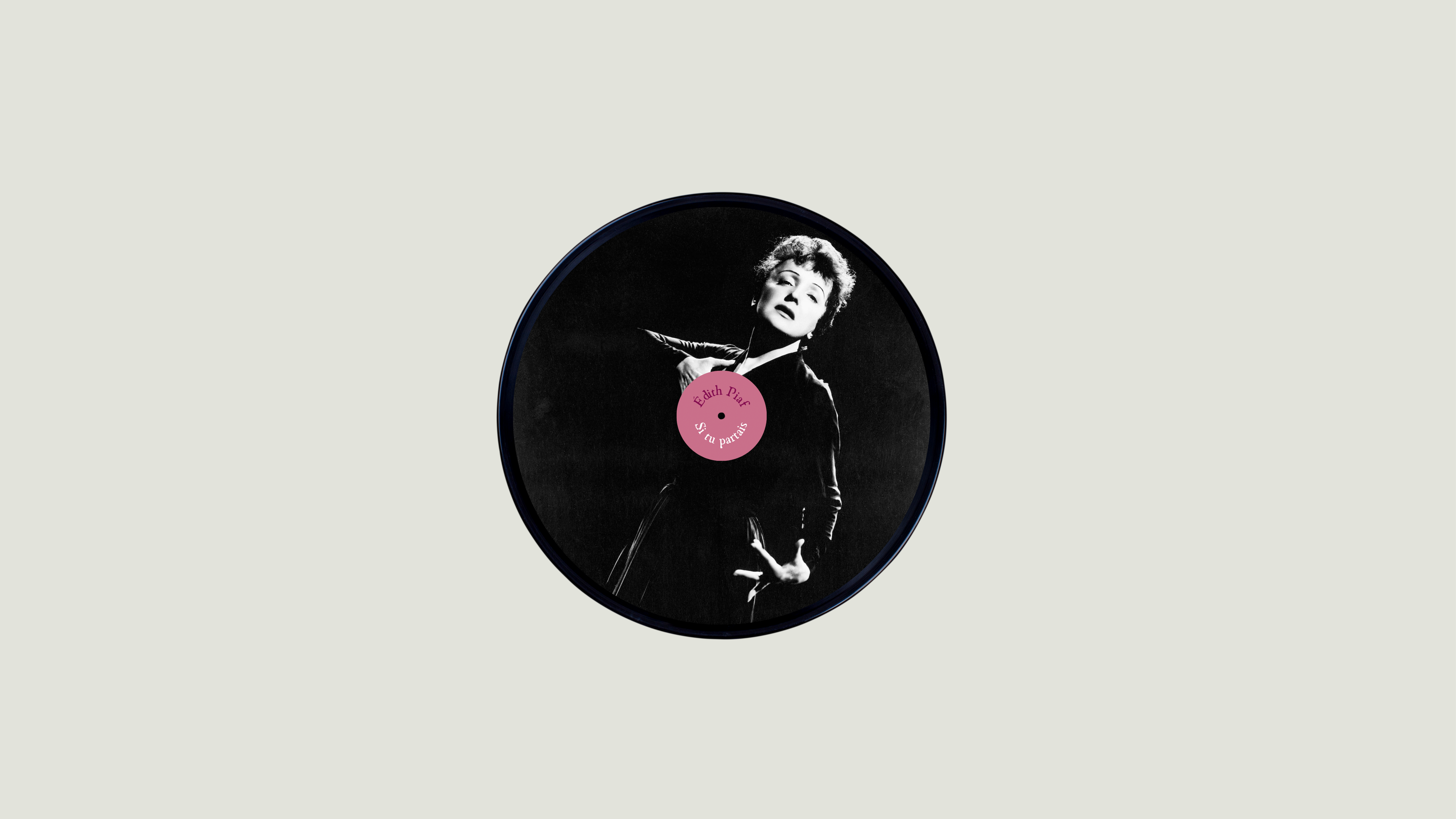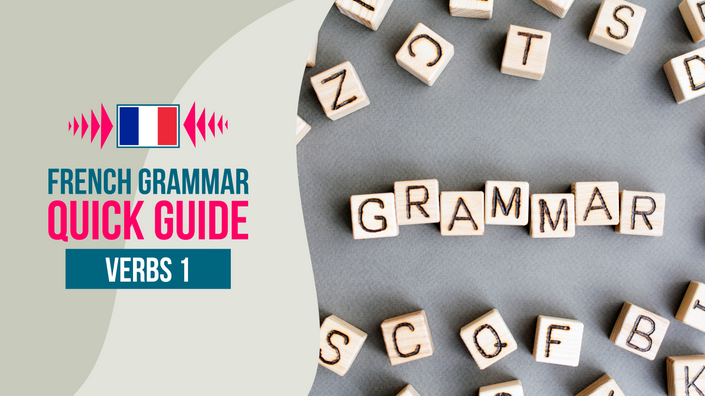
Pronouncing the letters "ai" in French
In this guide, you’ll learn about how to pronounce the letters “ai” when they come at the end of a word in French.
When you see the letters “ai” on the end of a word in French, you pronounce them like the “e” in the English word “fed”
vrai – true (“vreh”)
j’ai – I have (“jsheh”)
frai – spawn (“freh”)
ai, ais, ait, aient
The letters “ai” are pronounced like the “e” in “fed” when they come at the end of a word. This is also the same if you have the letters “ais”, “ait” or “aient” on the end as well; they’re all simply pronounced “eh”.
je voudrais — I would like (“jsheugh voo-DREH”)
mais — but (“meh”)
il allait — he was going (“eel ah-LEH”)
ils finissaient – they were finishing (“eel fee-nee-SEH”)
Let's practise
Let’s practise pronouncing the letters “ai”, “ait”, “ais” and “aient” when they appear at the end of a word in French. How would you say
these words?
- je savais (I knew)
- français (French)
- parfait (perfect)
- ils parlaient (they were speaking)
- un déblai (a clearing)
- un Marseillais (a person from Marseille)
- tout à fait (exactly)
- s’il vous plaît (please)
- hollandais (dutch)
- attendaient (were waiting)
ANSWERS
- “nee-yess”
- “kon-say”
- “kal-son”
- “san-teur”
- “seugh”
- “kar-bon”
- “kom-pleh”
- “sair-tan”
- “reh-ziss-tonss”
- “fron-seh”
At the end of a word
Finally, when you see the letter C at the end of a word in French, it’s always pronounced like the letter K:
truc — thing (pronounced “trook”)
sac — bag (pronounced “sak”)
lac — lake (pronounced “lak”)
In context
It’s always good to look at rules in context, because it helps to solidify them in your mind. So, let’s read through some of the lyrics from a song called “Si tu partais” (If you left) by Édith Piaf, and focus on any words that end in the letters ai, ais, ait or aient…

SI TU PARTAIS
Si un jour,
Tu brisais notre amour,
Si un jour,
Tu partais pour toujours,
Tout sombrerait dans la nuit.
Les oiseaux, dans leurs nids,
Ne chanteraient plus
Leurs chants éperdus.
Si un jour,
Tu brisais notre amour,
Si un jour,
Tu partais sans retour,
Les fleurs perdraient leur parfum
Et ce serait la fin de toute joie.
Reste avec moi.
Crois-moi, c'est vrai :
J'en mourrais si tu partais.
brisais — broke (“bree-ZEH”)
partais — left (“par-TEH”)
sombrerait — would sink (“som-breugh-REH”)
chanteraient — would sing (“shon(g)-teugh-REH”)
perdraient — would lose (“pair-DREH”)
serait — would be (“seugh-REH”)
vrai — true (“vreh”)
mourrais — would die (“moo-REH”)
Get three courses in one bundle, and save money
-

Courses 1, 2 & 3
Get this bundle -

Courses 4, 5 & 6
Get this bundle -

Courses 7, 8 & 9
Get this bundle
Course 2, Building Structures and grammar courses
-

Course 2
Get this course -

Building Structures
Get this course -

Quick Guide
Get this course
All my French courses

Building Structures in French
Quick Guides
French grammar
Essential French grammar - Future | Conditional | Imperfect
All my Spanish courses

Building Structures in Spanish
Quick Guides
Spanish grammar
Essential French grammar - Future | Conditional | Imperfect
All my German courses

Building Structures in German
Quick Guides
German grammar
Essential French grammar - Future | Conditional | Imperfect
All my Italian courses

Building Structures in Italian
Quick Guides
Italian grammar
Essential French grammar - Future | Conditional | Imperfect
All my Portuguese courses

Building Structures in Portuguese
Quick Guides
Portuguese grammar
Essential French grammar - Future | Conditional | Imperfect






